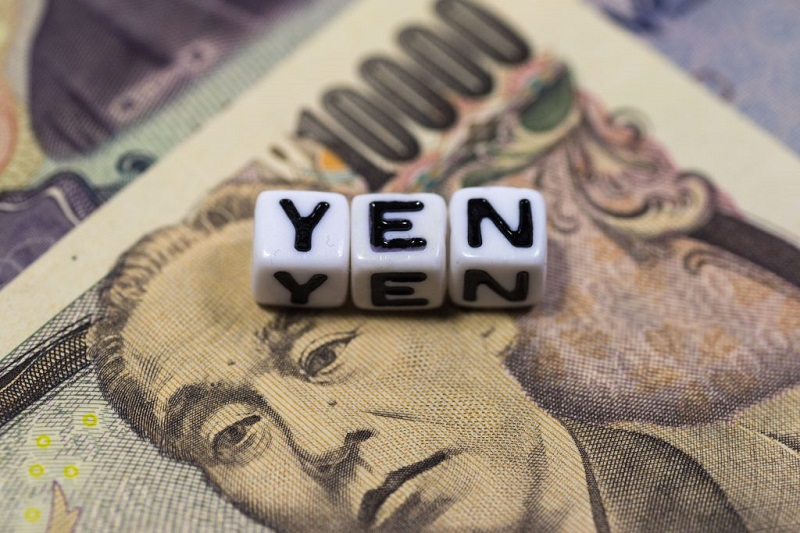
The course of the Japanese yen may grow. For this, a number of factors are developing, which analysts from Mitsubishi UFG Bank saw.At present, the dollar is under pressure from declining oil prices, which have lost the entire annual recovery. This adversely affects the prospects for increasing interest rates of the US Central Bank. Oil significantly affects market expectations, bank analysts explain. The fact is that the Fed is closely monitoring the USE PCE deflator. This indicator is closely correlated with changes in quotations.By the end of this year, the US currency receives support from seasonal demand, but it is already fading. The increase in US government bond yields reduces the attractiveness of investments in stocks, which is why instability appears on the stock market. At such times, risk aversion intensifies, and the Japanese yen gains.OilOil quotes on Tuesday moved to decline after rising the day before. In the afternoon, prices moved in different directions, Brent continued to move down. The market is focused on the upcoming meeting of OPEC + countries in Vienna in early December. Investors hope that the group members will agree on restrictions on the production of black gold for the next year.The price of January futures for Brent crude on the London ICE Futures Exchange at 14:31 Moscow time decreased by $ 0.15, to $ 66.64 per barrel. WTI with the same month of delivery in electronic trading on the New York Mercantile Exchange (NYMEX) went up by $ 0.09, to $ 57.29 per barrel.
Today, Fatih Birol, head of the International Energy Agency (IEA), at the Equinor annual conference in Oslo, announced that the market had entered into unprecedented uncertainty. Volatility, he said, will soon be high. Equinor CEO Eldar Saetre shares the same opinion.





















